Mangaluru, Feb 24: “Good stories are a product of daydreaming and to be a good writer one needs to continuously feed the daydreaming mind,” said internationally acclaimed author Dr Kunal Basu. He was addressing the delegates of National Seminar on Dislocation, Identities, Multiculturism and the Diaspora' organized by the Post Graduate Department of English, St Aloysius College in association with Pan Macmillan India publishing house.
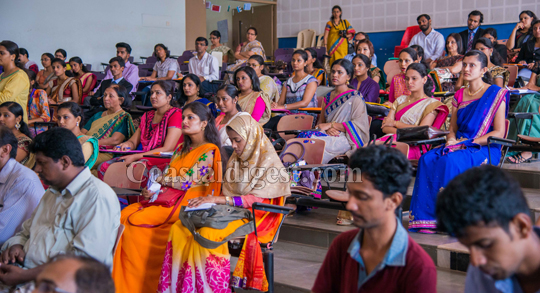
Speaking on the creative process involved in writing, the author of five critically acclaimed novels including the recently released bestseller Kalkatta' said writing has no formula or standardized tool kit.
“Writing is a discipline developed on one's own. So I cannot tell you how to write, only how I write,” he said, “For me writing comprises three things – Impulse, Method and Appraisal. In order to generate fodder for my imagination, I expose myself to unfamiliar experiences in a planned manner. The excitement and curiosity create stories in mind, which I then put on paper.”
In exposing oneself of unfamiliar experiences, it important that one is not judgmental, he added. “I try to be more accepting of the world around me and the research in turn fertilizes my imagination.”
Besides being an author, Dr. Kunal Basu is a management educator presently serving as University Reader in Marketing at Saïd Business School, University of Oxford and a fellow of Green-Templeton College.
Earlier in his welcome address, Dr. Lourdusamy Arputhem, the chairman of the Post Graduate Department of English, said, “As teachers, we should know the undercurrents and nuances of the author, which may not be known to the lay reader.”
Dr Kunal Basu also released Scribblings', an anthology of poems written by the department students.
Fr Swebert D'Silva, Principal of the college presided over the inauguration ceremony of the seminar. Dr AM Narahari, Registrar of the college and a seminar resource person Dr Padma Baliga, Associate Professor of English, St Joseph's Autonomous College, Bangalore officiated on stage during the inauguration.
Another resource person Dr Rajalakshmi NK, Associate Professor of English, University College, Mangaluru and Vasant Kamat, Head of Product at Pan Macmillan India were present on the occasion. Dr Melisa Goveas proposed vote of thanks.
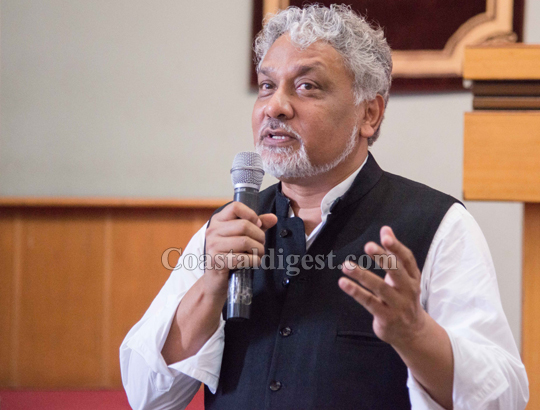
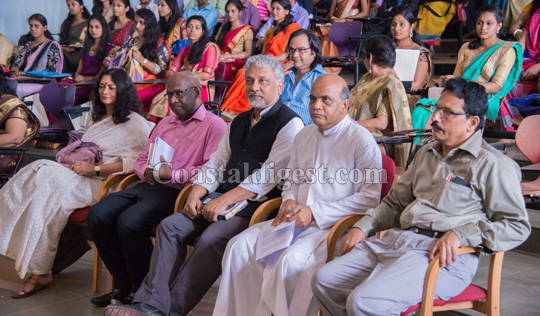
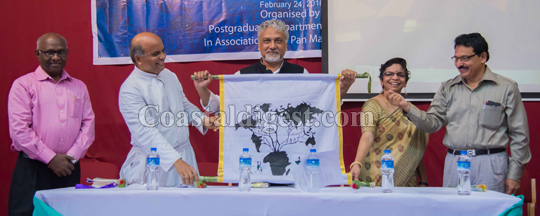
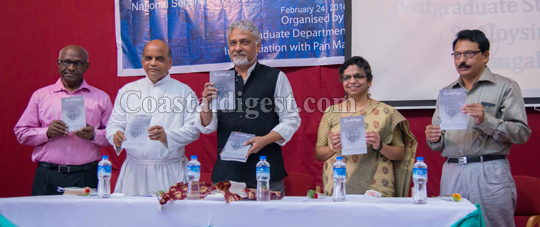
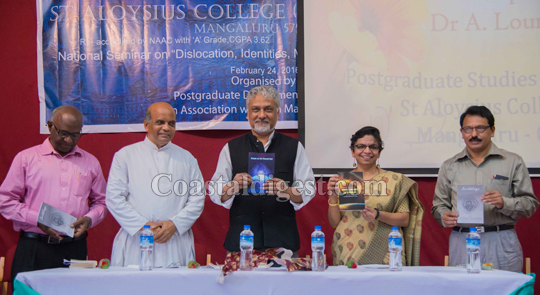
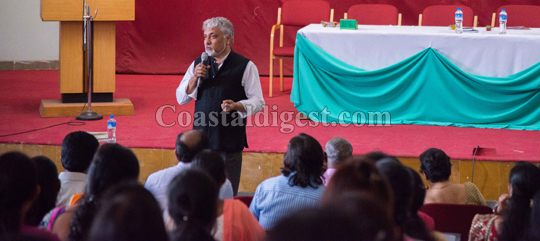
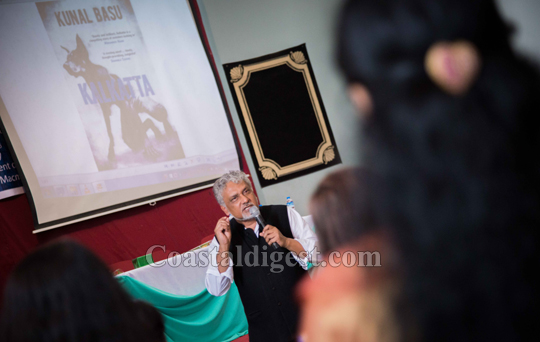



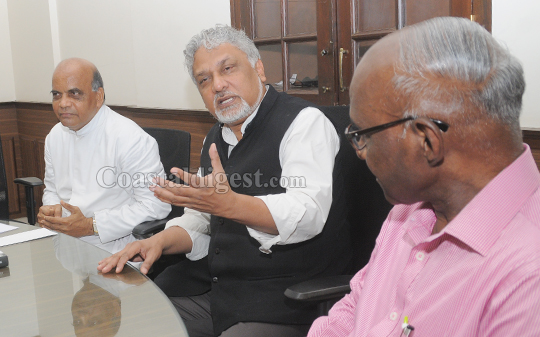
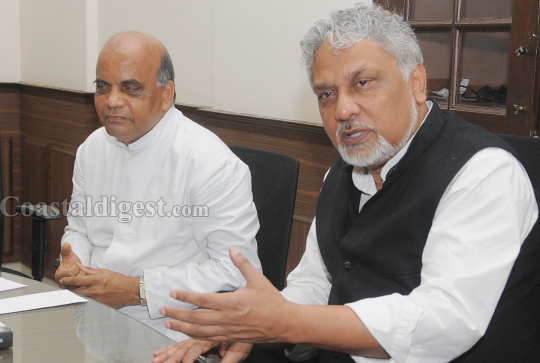
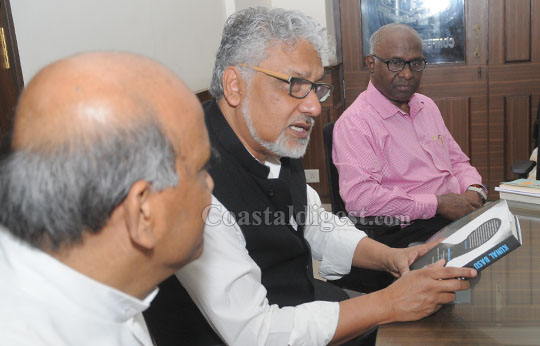
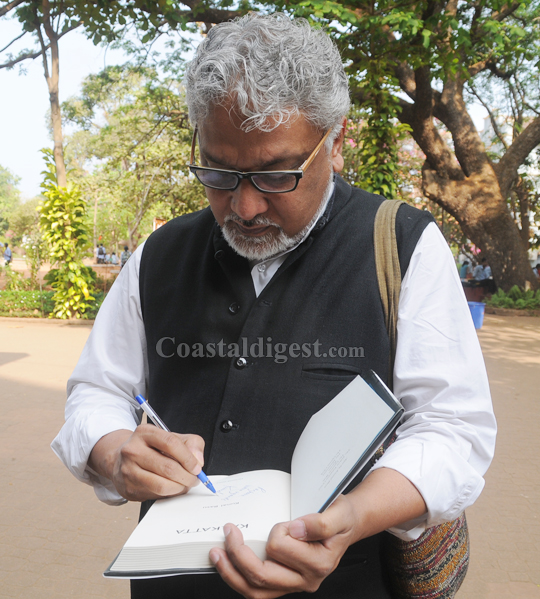


Comments
Your place is valueble for me. Thanks!
Here is my web site: amazon gift card generator: http://www.Realhacks24.com/amazon-gift-card-generator/
I’d need to check with you here. That will be not something I generally do!
I enjoy reading a post which will make people
think. Furthermore, thanks for allowing me to comment!
my web blog Star Wars Galaxy of Heroes Hack Apk (Sabrina: http://www.realhacks24.com/star-wars-galaxy-of-heroes-hack/)
Dear Writers,
Please read the QURAN atleast once in your life time. There are many helpful thoughts to you and the society which U and the society can benefits.
Add new comment